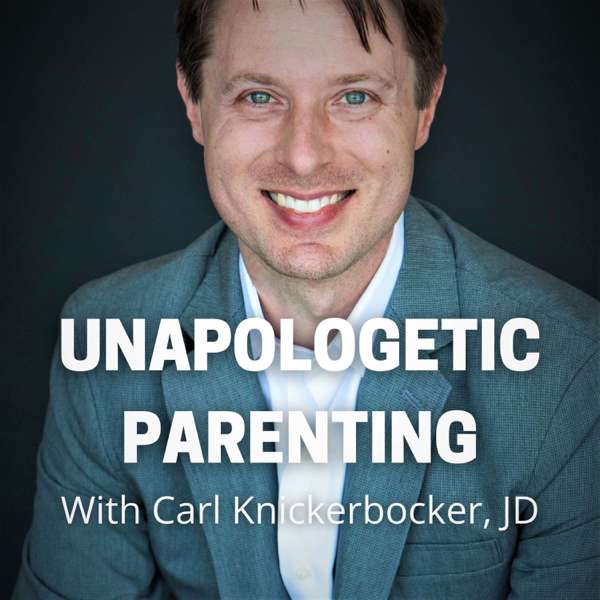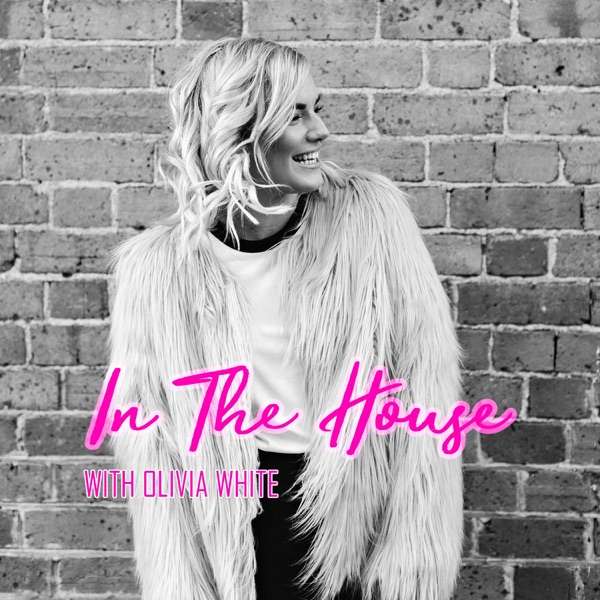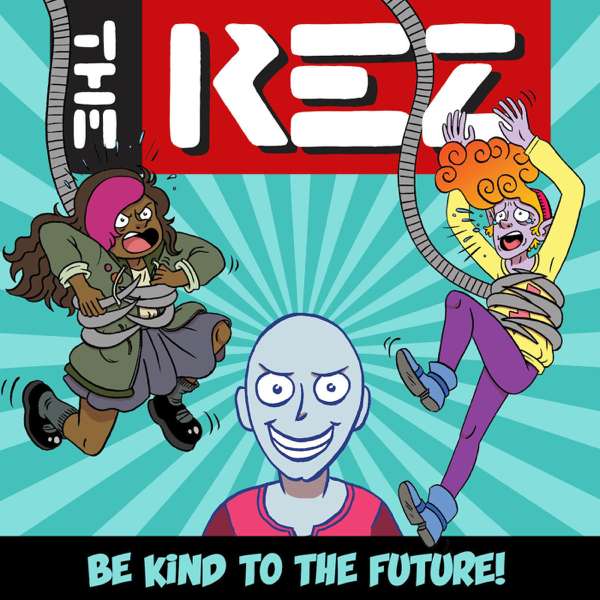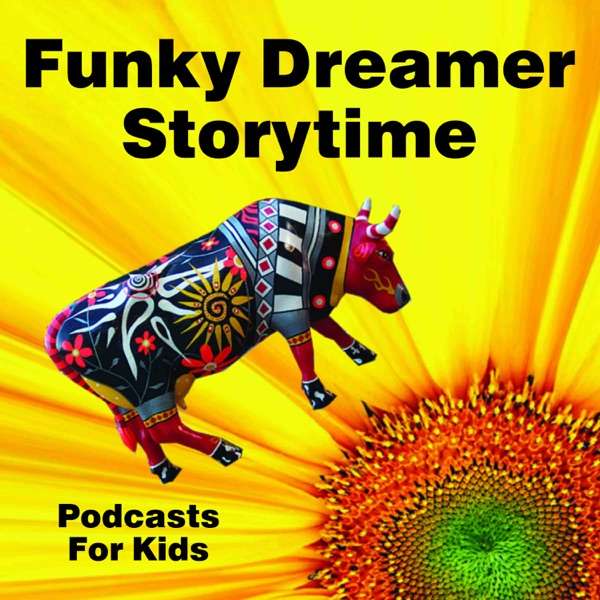How do you talk to your kids about their disability and when is the right time to do it? Join Erin and me as we talk with Tara and Tonia Christle about how to approach this subject and when. Erin and I knew we wanted the Christle twins to join us as they are adults with disabilities and they have great advice for us as parents. Listen to the show: Did you leave a review on iTunes yet? From the show: Erin and I mentioned we asked this question on Facebook, and we invited people to join in the conversation, leave your comment HERE. Every parent is different, and every parent approaches the how and when differently. While there is no right or wrong way to approach things, there are a few things that are important to keep in mind: As Tonia shared, disability is not inherently bad. There is nothing wrong with using the word disability, after all, our kids do have disabilities! Not using it, or looking at is as a bad word, can stigmatize and communicate shame. We do not want our kids to be ashamed of their disability. It is okay to talk about limitations or things that are different. What is important is that we do not talk about these issues in a negative way, but rather focusing on the fact that different is okay. Tonia uses the example of what she said to her little brother, “My legs are not as strong as yours, and that’s okay!” After hearing this, her little brother would say, “Your legs are not as strong as mine, and that’s okay!” It is helpful for kids to understand their own bodies and why they might be different, therefore, giving the name of their disability helps. For example, “I have a disability, it is called cerebral palsy, it means that my muscles and my body move differently, and different is okay,” or, “I have a disability, it is called autism, it means that my brain works different, and different is okay!” Disability is part of our children’s identity, it is not what defines them, but you cannot separate their disability from who they are. The most important part about talking to our kids about their disability is that we let them know we love them, completely, disability included. Always presume competence. For those of us who have kids with intellectual disabilities, we can often refer to, “they don’t really understand” but as Tara and Tonia encourage us, always presume competence. (This is something I teach every time I speak at churches). We also talked about how often kids with disabilities feel pressured to be “typical,” and in turn, it can make them feel as if they are not good enough, not lovable enough, or ashamed. So when do we start talking about their disabilities? Kids with disabilities, even as young as grade school, have already experienced ableism. This is why the sooner we start talking about it, the better it is for them in order to understand and make sense of their experiences, so they do not feel there is something “wrong” with them. Tonia and Tara shared they never had those conversations, even now, and how helpful it would have been as children. We also talked about the 5 Stages of disability attitudes, and how pity is the most commonly experienced attitude since it is the most prevalent. Pity also comes across as niceness, and when we talk to our kids about their disability, we can address their experiences and reaffirm their feelings. As parents, sometimes we are the ones stuck on pity. It is pay, but it is important for us to move on through the stages. If we are stuck at pity, that ends up being what we communicate, and we do not want our kids to feel pity form us. Pity says, “that is so bad!” In the pity stage, disability is a tragedy. If you struggle with those feelings and have been there for a while, perhaps it is time to find a counselor to work through those feelings. As parents, we all move through the stages of disability attitudes, we all start with ignorance, move to pity, and eventually move to care, friendship, and eventually co-laborers. Tara brought up the prevalent ideology of, “overcoming disability” and she shared why that can be harmful for people with disabilities. This is one of those conversations that as a mom, it stops me in my tracks, so we talked more about this. The Freebie: The freebie for this podcast comes directly from Tonia. She wrote the most amazing book to talk about disability. She originally wrote it for my daughter (and we read it for her class) but this is perfect for you if you want a script to talk to your kid about his/her disability, and to make it into book form. Go HERE to claim your free copy! So what about you? How and when did you talk to your kids about their disability? Don’t forget to stop by iTunes and leave us a review!

 Our TOPPODCAST Picks
Our TOPPODCAST Picks  Stay Connected
Stay Connected







